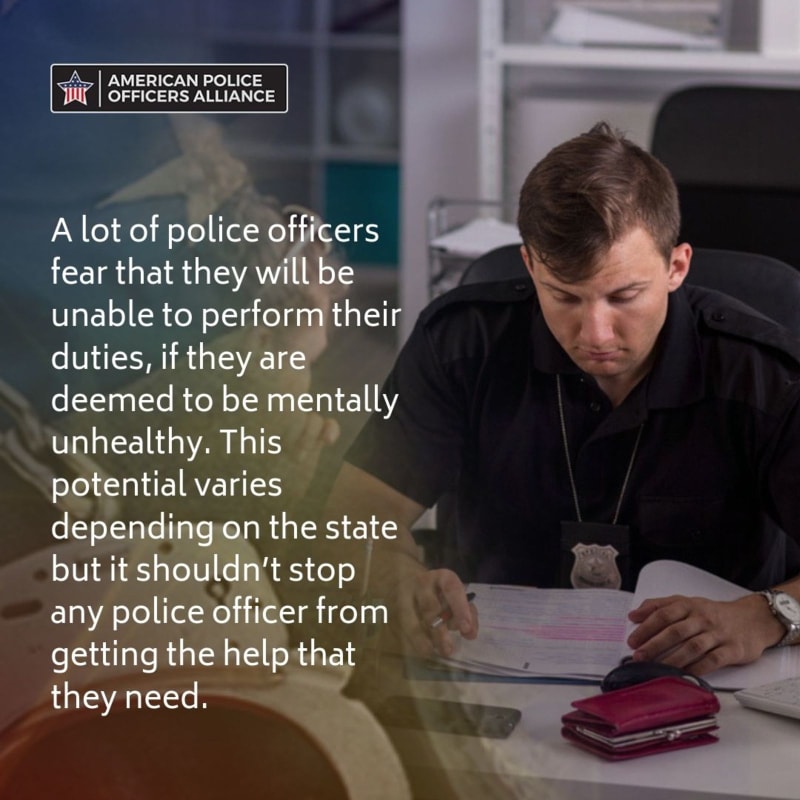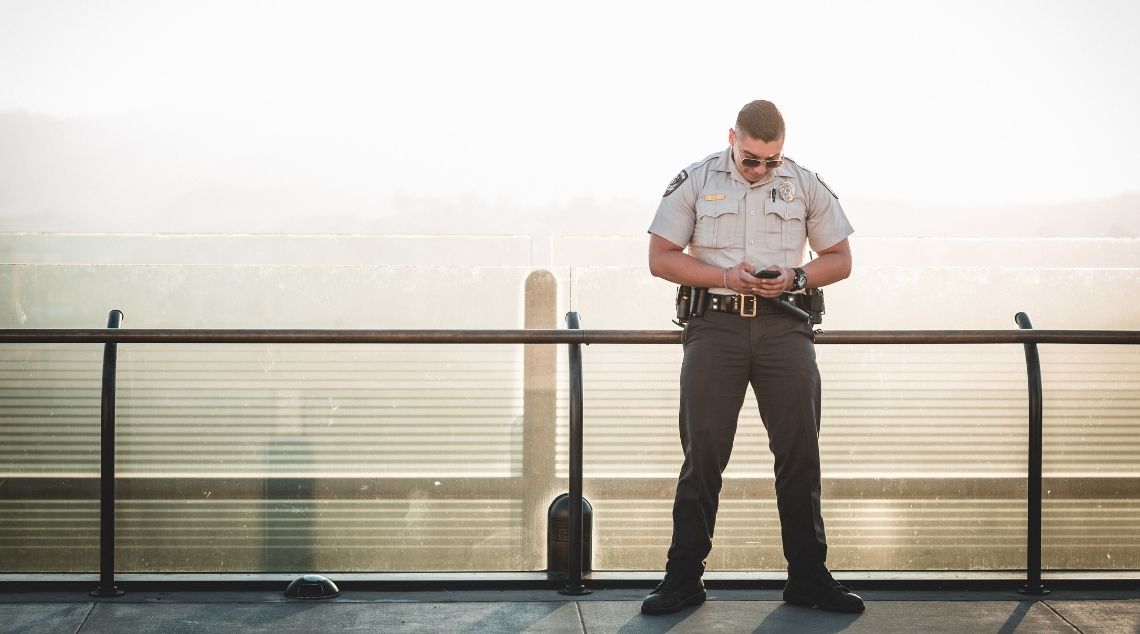The mental health of police officers is often something that gets overlooked. However, it is a topic that needs to be spoken about more. Police officers, just like everyone else, are at risk of struggling with their mental health. It is especially important when a crisis has occurred, something that police officers face pretty often.
Psychological Effects of Being a Police Officer
Police officers undergo extensive training that prepares them to keep communities safe and ensure that citizens abide by the law. Although this training does prepare them for the things that they face on the job, it doesn’t necessarily prepare them for the tragedies that they encounter or how to deal with the aftermath. It is next to impossible to train someone to be ready psychologically for some of the tragedies that they will see on the job, such as mass casualty events, horrific car accidents, the death of children, and other awful events. While training for these sorts of things is nearly impossible, bringing awareness to police officer’s mental health can allow for more attention and extra care to be given.
Citizens assume that people who work in law enforcement are some of the toughest people in our communities, which can cause the topic of mental health for police officers to be overlooked. Police officers do struggle with mental health, and the law enforcement mental health statistics prove it. So, your neighborhood police officer may appear tough, but that doesn’t mean that they aren’t struggling with their mental health.
Surprising Law Enforcement Mental Health Statistics
Aside from the obvious physical impact that being a police officer can have, one’s mental health is also significantly at risk. According to the National Alliance on Mental Health, the majority of police officers face alcohol abuse, depression, post-traumatic stress disorder (PTSD), and even suicidal thoughts. While depression and PTSD are more understandable, suicide is what has alarmed most.

It’s surprising to learn that police officers, the community safekeepers, often have suicidal thoughts. It’s even more surprising to learn that of police officers, 1 in 4 has considered committing suicide. More officers die from suicide than they do in the line of duty, again, which is very alarming.
The Department of Justice reported on the Chicago Police Department, stating that their suicide rate is 60% higher than the national average. Due to the high amounts of crime in Chicago, these numbers tend to be higher. More Chicago police officers face higher amounts of trauma resulting from gun violence and murder.
A lot of police officers fear that they will be unable to perform their duties if they are deemed to be mentally unhealthy. This potential varies depending on the state, but it shouldn’t stop any police officer from getting the help they need.
The deputy chief at Fresno Police Department has been outspoken about this concern specifically, stating that a simple counseling session wouldn’t be grounds for suspension or pulling a badge. These concerns and fears have stopped police officers from speaking up about their mental health, which, over time, can cause even more damage.
The Importance of Law Enforcement Mental Health Awareness
Police departments all over the country face trauma and difficulties on the job, which speaks to the importance of mental health awareness. In California, the Fresno Police Department has a 35-year-old veteran who focuses on connecting police officers with mental health care. More police departments need leaders like Al Hernandez. He is the head of employee services at FPD,, focusing on fellow police officers and their mental health.
It is important that police officers rely on open communication with their superiors to ensure that these concerns are addressed and don’t go ignored. Ultimately, this could be a disservice to the police officers, their colleagues, and even citizens. Open communication about mental health will allow for all parties to remain safe.
Moving forward, we need to bring more awareness to the mental health of police officers. Departments all over the country are starting to talk about mental health, bring awareness to the mental health of their officers, and build programs to support their officers. We hope these efforts continue to grow and all officers across the country get the help they need, if and when needed.
Image Credit: Photo by Zachary Lisko on Unsplash









